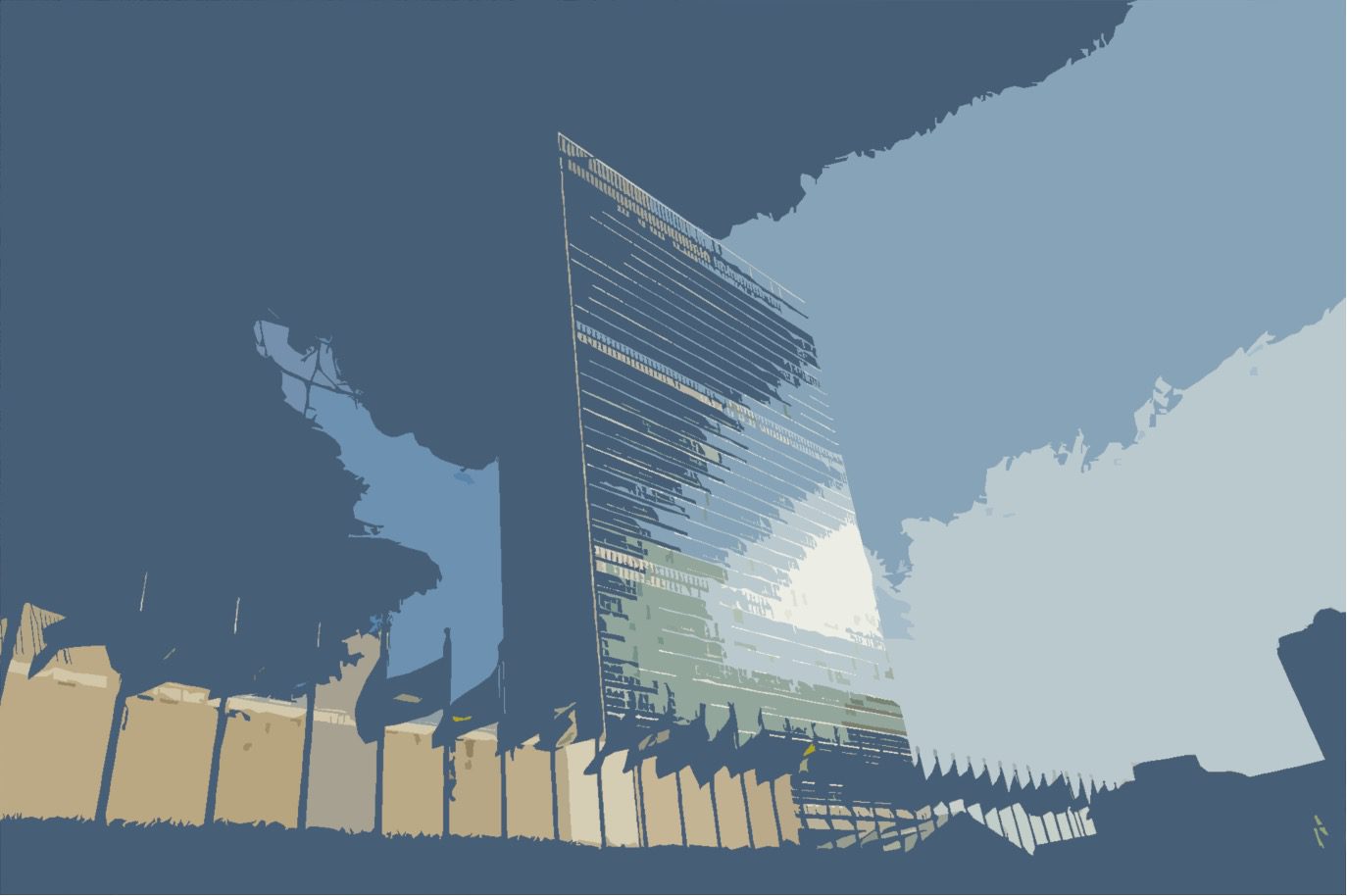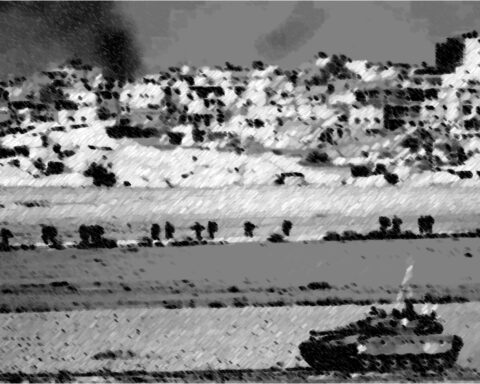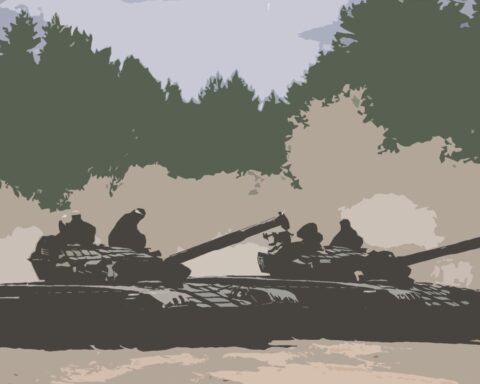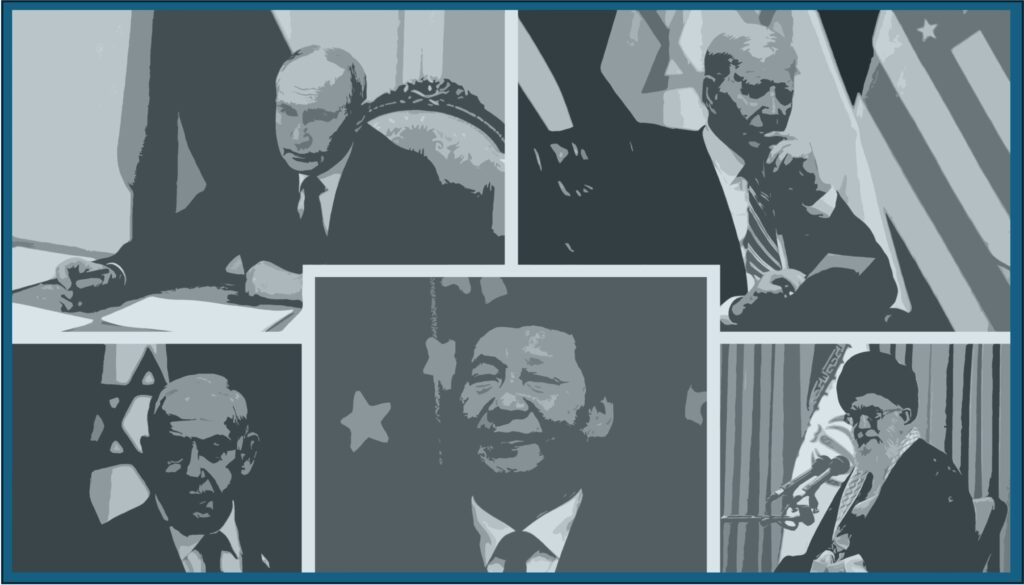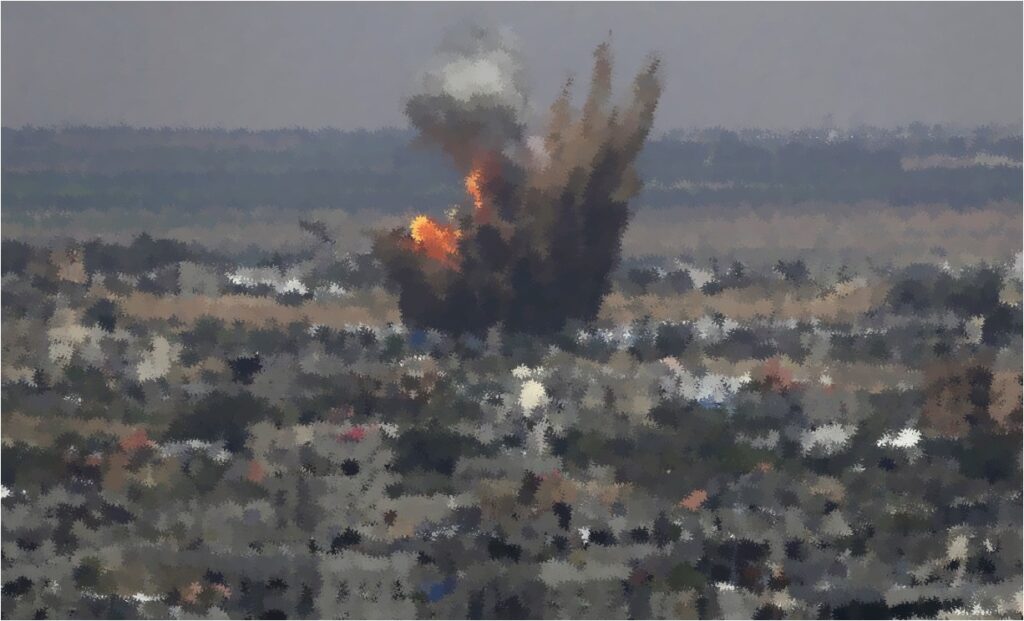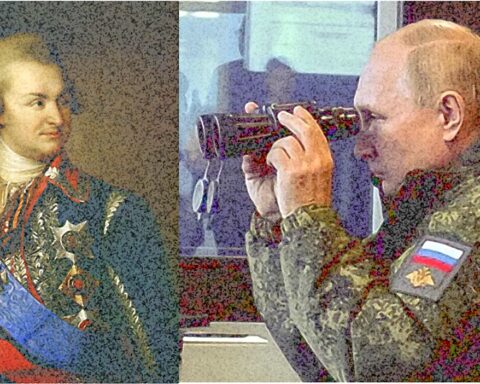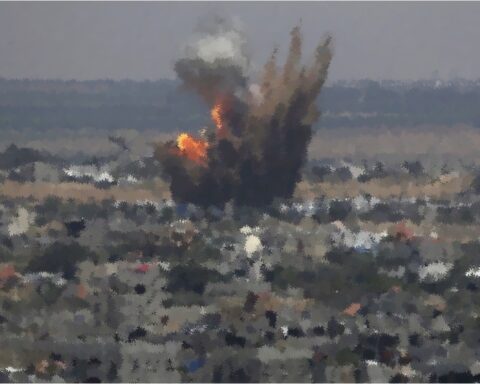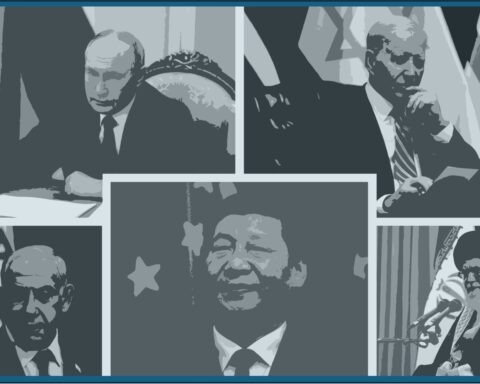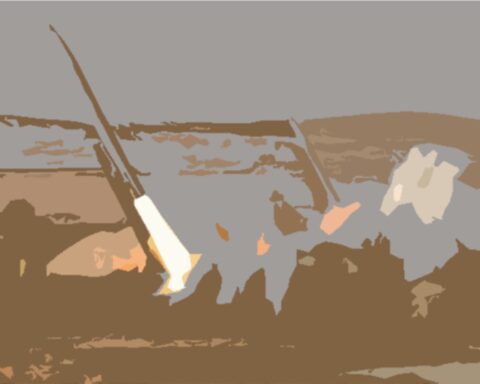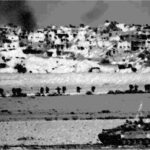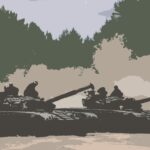Whether we express it or not, in every place where politics exists, we contemplate confidence-building measures and the ability to control the situation. Let’s describe the most prominent subject of the natural situation that occurs here. If those who lead our organizations act with sufficient consciousness, this will result in a more beneficial outcome for humanity. The explanations here will show us with very natural reasons, what power does the United Nations have?
In a statement as important as peace, when we only “mention” it in passing, we cannot see ourselves as safe. Trust becomes important through the ability to control. Therefore, peace, trust, and control are very valuable concepts for humans.
The fracture begins here! Politics stretches these important concepts as much as possible and changes them within a cycle of interests. For example, you may find that peace can become a tool of war. But war, conflict, quarrel, struggle, whatever it is, these can develop suddenly and trigger the disruption of a trust environment. This is not something that can happen on its own, like in natural events. For example, clouds gathered in the sky, lightning struck a tree, the tree caused the entire forest to turn into a fire, and all the wild animals in the forest, with no escape, perished. Just as you can’t tell the clouds not to gather, you can’t blame the wild animals for being in the forest.
But let’s think on behalf of humanity, are the cities you build where you can keep control giving you enough confidence? It seems like it provides somewhat satisfying results… But think about countries, at least in a satisfying dose, how will you, as managers, politicians, or leaders, manage to maintain control?
The subject is related to all of them: war and peace, trust and distrust, sharing or stealing… But controlling every situation based on self-interest! So, the whole issue is about the subject: you, the politician, leader… Look at the whole world, what kind of conclusion can you reach about this critical issue? Can you say to this planet, “Stop spinning around itself and around the sun, switch to another regime”? So the situation becomes clear; the subject has a nature! The subject behaves naturally, but there’s an important difference: we’re not talking about wild animals in the forest I mentioned earlier! Being conscious and acting accordingly is one of the most essential abilities of our species.
Let’s reduce this philosophical approach to the “real” world, foreign policy, and international relations. Where is Burkina Faso? What events do we remember this place for today?… We ask so many questions! To find as many correct answers as possible, should we go back a million years ago or to the recent colonial period? If you are going to talk about “confidence-building measures in Africa” today, who can propose a healthy formula based on what points? The French? The Americans? The Nigerians?
You can think about this example of Burkina Faso in relation to other geographical regions as well. For example, think about Qatar, Israel, Egypt, Syria, or Iran. Each of these is a country in the “real” world today, and there is a question of war and peace, trust and distrust about each one. So, as conscious beings, what do you think about controlling the situation for peace, tranquility, trust, and stability? It is precisely at this point that we need to look at the nature of the subject. What should be the confidence-building measures in the Middle East? Remember how confidence-building measures were considered in Europe, think similarly. Should we treat Europe, the Middle East, Africa, or Asia separately? European cities, countries, and the events from the past to the present, the Age of Discovery, Enlightenment, Industrial Revolutions, etc. Recently, the World Wars, which caused the death of millions of people, were centered in Europe. Here, the subjects faced too much activity; these also created an awareness, so confidence-building measures can be mentioned in Europe, but can’t we say the same for Africa or the Middle East? If we say so, does it mean intervening in the nature of these interactions? Being conscious, thinking about all this, and leading with a sense of responsibility is possible. The real subject here is leadership.
In natural events that occur from sky to earth, which we describe as events that can happen, cause fires, or destruction, the rules are clear. We think by looking at events that can still be considered “natural,” but that can be controlled by humans; here, there is nothing strange: Control can be achieved through organization that can be developed under the control of humans. This is where we need to see events that can result in “leading”; whether it’s war or peace…
The United Nations is just an organization, but it cannot serve humanity’s safety in the world, it does not encompass the necessary consciousness for leadership, and it does not even have sufficient power.
